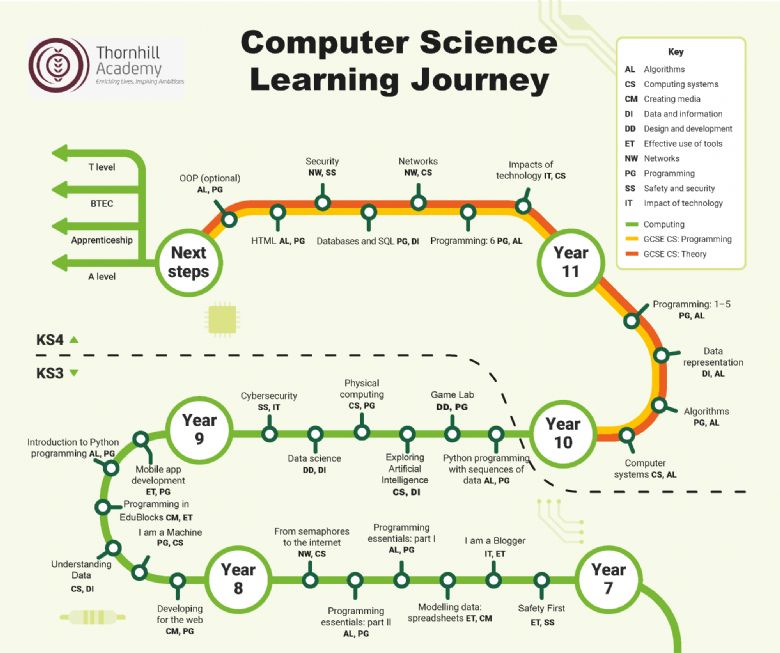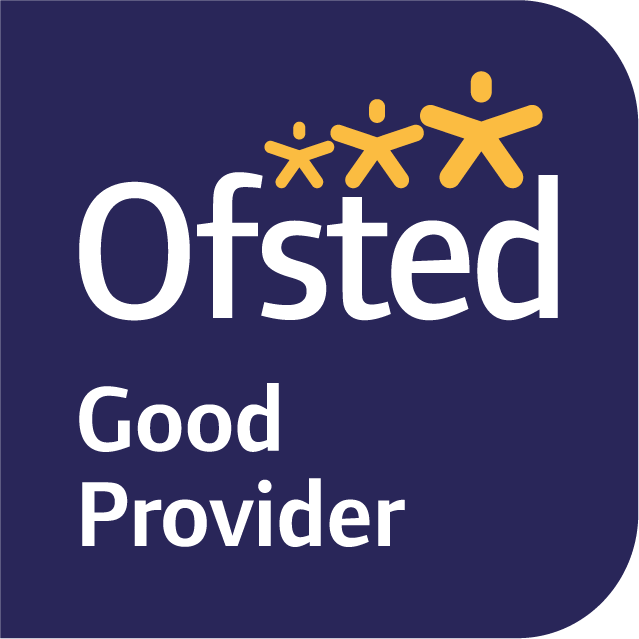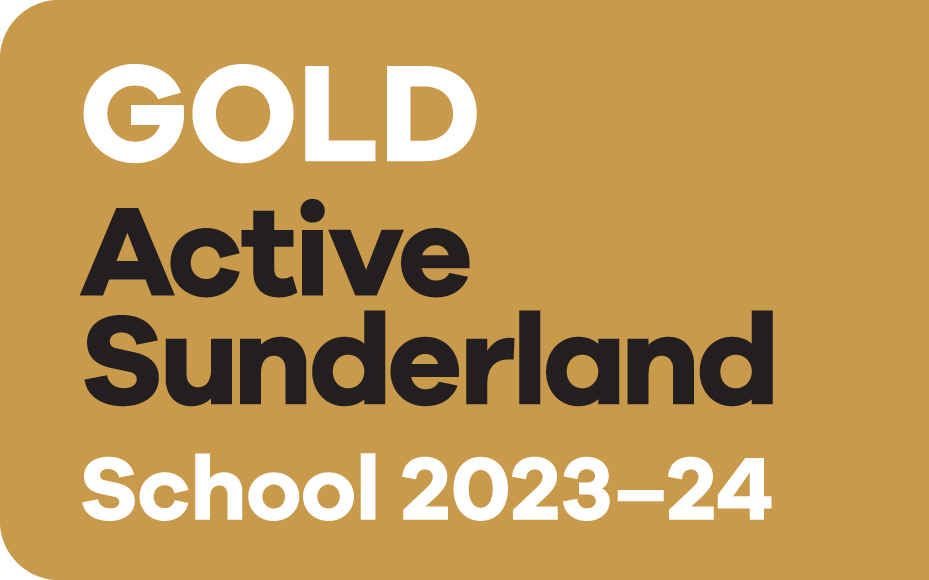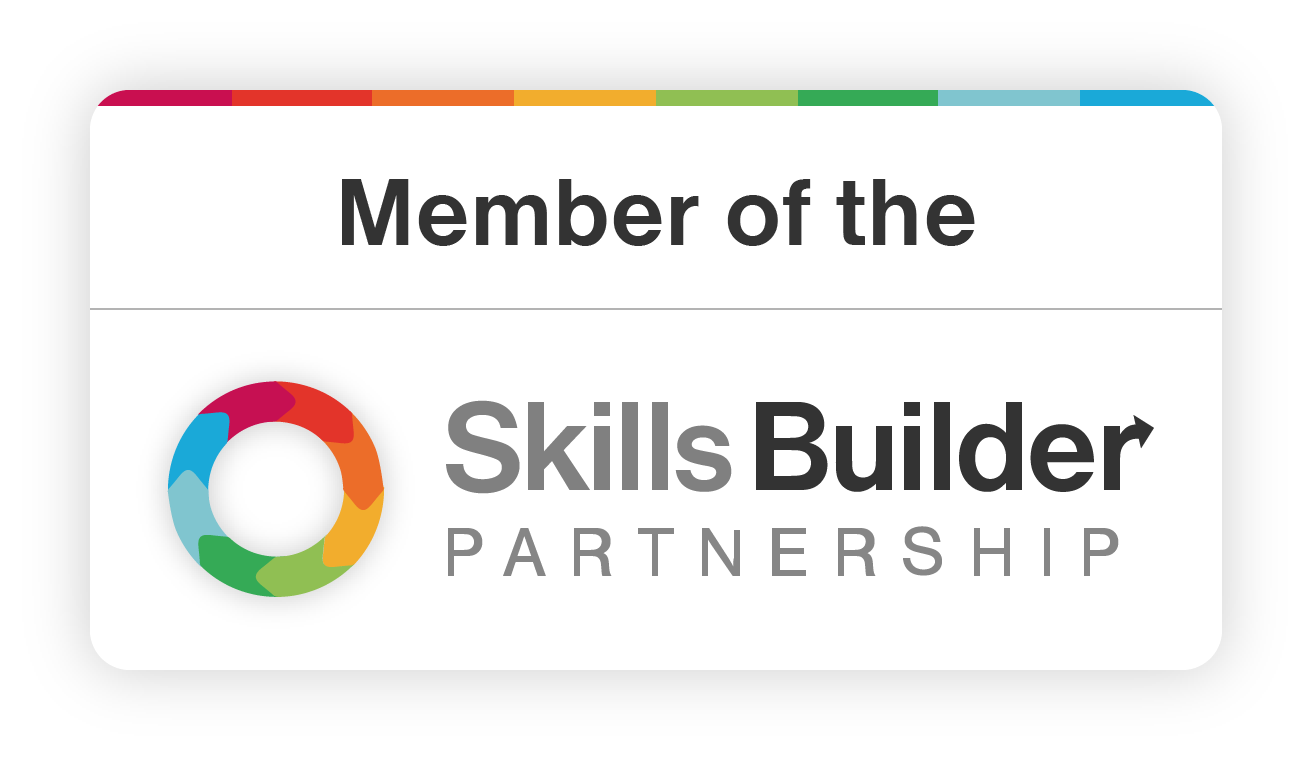IT and Computing
At Thornhill Academy, we want pupils to THINK BIG. We teach Computing, ICT, and Enterprise at Key Stage 3 to equip our pupils with computational thinking and creativity, to understand the digital world and to build entrepreneurial spirit and skills, to prepare them for modern life.
Through a series of projects, based on real and fictitious business scenarios, pupils are taught the principles of information technology and computation, how digital systems work, and how to put this knowledge to use through programming. Pupils are equipped to use ICT, to create programs, to apply their knowledge to business situations, to become digitally literate, and to be able to use information and communication technology to express themselves and develop their ideas, at a level suitable for their future workplaces, and as safe and active participants in a digital world.
The department currently delivers ICT and Computing to all pupils in Key Stage 3 which follows the National Curriculum.
In Year 7 pupils complete five units of work:
Safety First
The Internet
I Am A Blogger
Programming in Scratch
Spreadsheets
In Year 8 pupils develop this knowledge in six further units:
Web Development
Understanding Data
I Am a Machine
Programming in Edublocks
Introduction to Python
Online Marketing
In Year 9, the curriculum is structured so pupils have the chance to develop skills necessary for a range of courses at Key Stage 4:
Cybersecure
Python Plus
Databases
Digital Entrepreneurs
GCSE Computer Science
At Key Stage 4 students can choose to study GCSE Computer Science. This course is engaging and practical, encouraging creativity and problem-solving. It encourages students to develop their understanding and application of the core concepts in computer science. Students also analyse problems in computational terms and devise creative solutions by designing, writing, testing, and evaluating programs.
Component 01: Computer systems
Introduces students to the central processing unit (CPU), computer memory and storage, data representation, wired and wireless networks, network topologies, system security and system software. It also looks at ethical, legal, cultural and environmental concerns associated with computer science.
Component 02: Computational thinking, algorithms and programming
Students apply knowledge and understanding gained in component 01. They develop skills and understanding in computational thinking: algorithms, programming techniques, producing robust programs, computational logic and translators.
Practical programming
Students are to be given the opportunity to undertake a programming task(s) during their course of study which allows them to develop their skills to design, write, test and refine programs using a high-level programming language. Students will be assessed on these skills during the written examinations, in particular those learnt in component 02.




